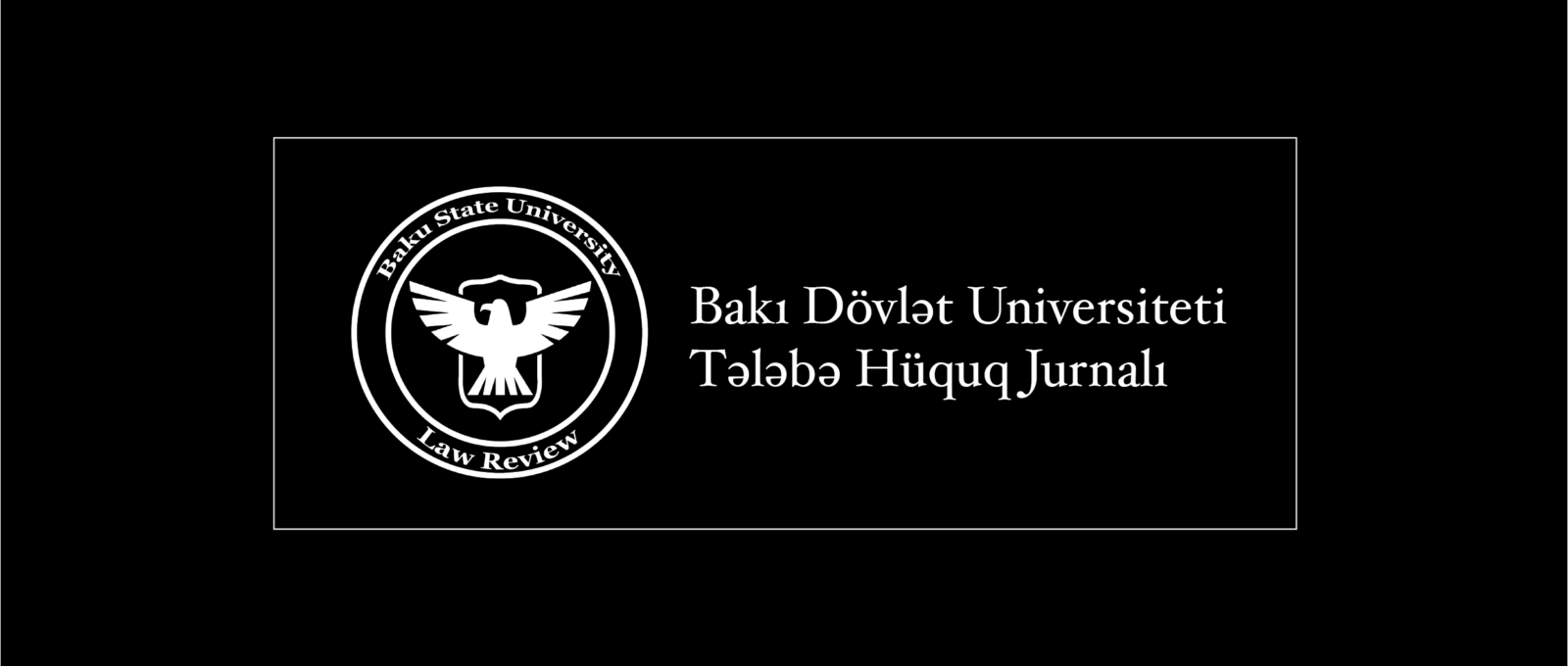Article language: English.
Abstract
The World Trade Organization (WTO) regulates trade between states. Its membership cuts across two major groups of states: developed and developing states, each striving to get as much trade benefit to itself as possible. The relations of developed and developing countries under the WTO and indeed under other platforms, have been complex. Due to obvious reasons, including developing countries’ poor finance and the lopsided power balance in favor of developed states, developed states have often had an edge over developing states in their trade dealings. Thus, developing states have been grappling with a system that heavily leans against them. Some of the factors that hindered the effective participation of developing countries in the General Agreement on Tariffs and Trade (GATT) are still present under WTO, and efforts made so far to address the concerns and challenges of developing countries under the WTO have yielded little or no result. Consequently, there is the need to strengthen developing countries’ capacities in order to ensure a greater participation by developing under the WTO.
Bu post həm də digər dildə mövcuddur:
Azərbaycanca

